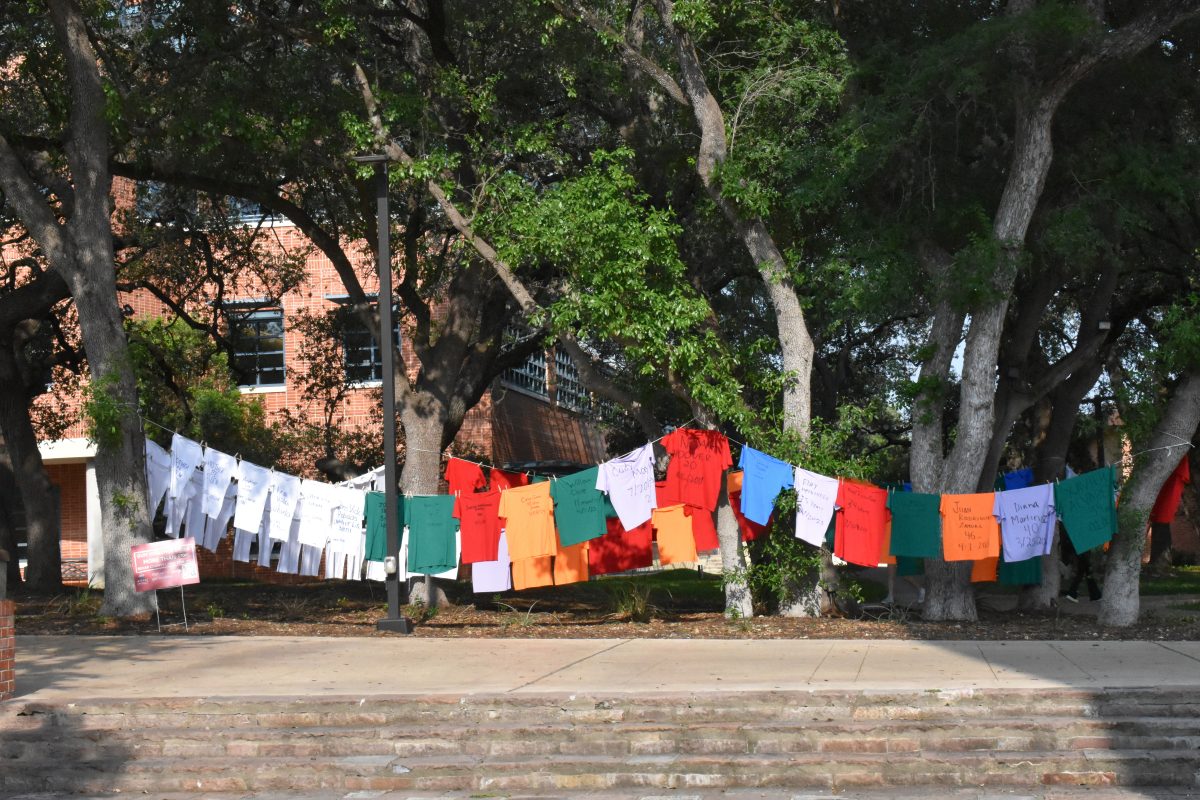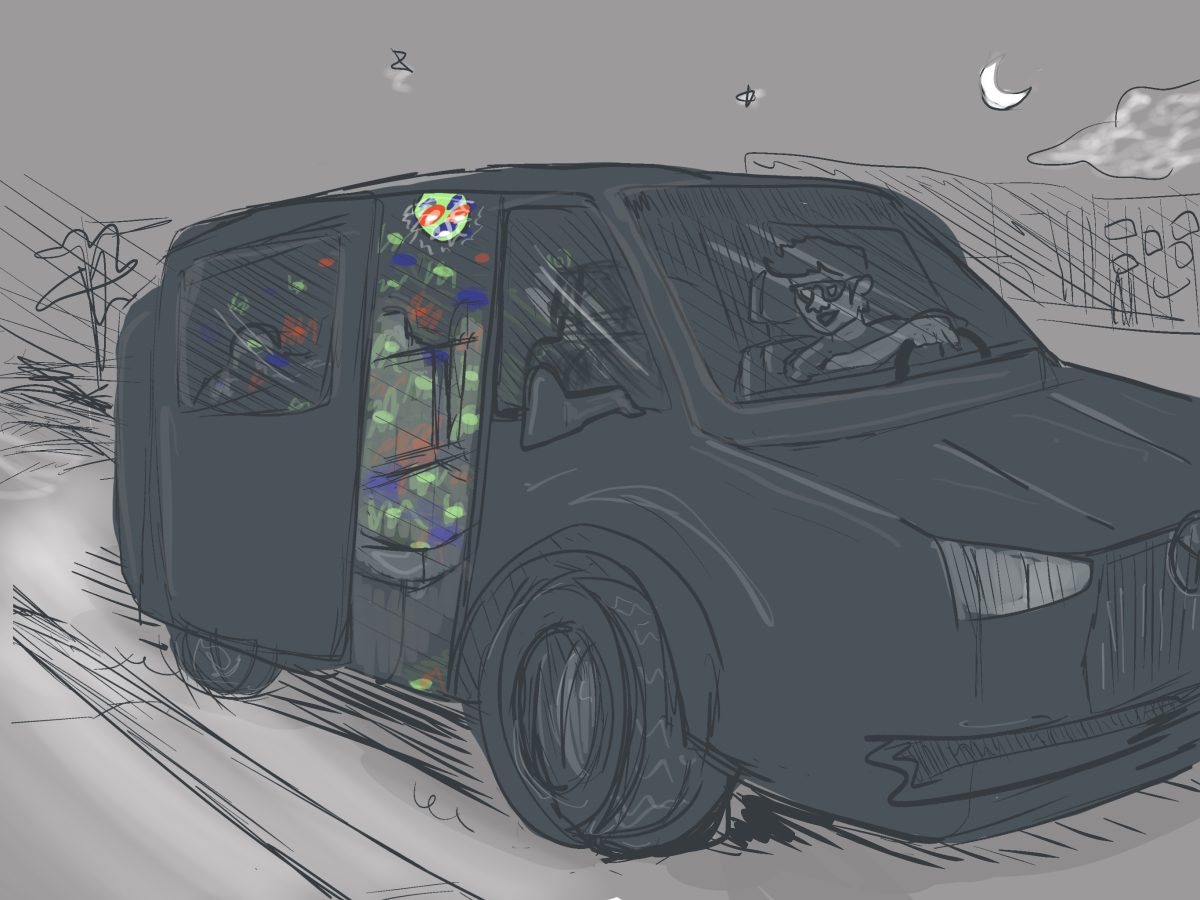David Tuttle, dean of students, is launching an alcohol support group for Trinity students.
“It’s not an AA program. It’s an alcohol support group, and that’s a very important distinction. I’ve been talking to various students about it for the last two years and what I hear from them, whether it’s people reaching out because they feel like they’re struggling or whether it’s related to conduct issues and actions, is that there’s a need for some campus-level support. I think that the needs of our students are different from what they can find out in the San Antonio community, and so it would make sense to see if we can try something here that meets their needs,” Tuttle said.
While Alcoholics Anonymous (AA) programs have undoubtedly been effective for many, this program will be tailored to the specific needs of college students.
“An AA program is a 12-step program that is effective for the people it’s effective for, and for others it just doesn’t work. So you have to respect that it’s had great success, but I think a lot of the time for younger people, especially college students, it’s a lot different. I think for younger people they can walk away from those meetings and feel like they don’t have a lot in common with the people there. They have more life experience, and they may have more evidence of a problem. Students don’t have that life experience, and they may not have that kind of evidence of a problem. The bad things that have happened to them may not have happened to you, so you’re not sure that you can relate, and so now you’re questioning whether or not you have a problem at all,” Tuttle said.
The group will be based around discussion and support between individuals struggling with similar issues.
“What I’m hoping this will be is something in which a number of people with an array of alcohol issues can come together and discuss with one another and find some things in common with people who are dealing with the same things they’re dealing with. What I want to learn from them is what they hope to get out of the group. So it will be a discussion format, it won’t be a lecture or presentation. It should be a way for them to build each other up while also dealing with their own alcohol issues,” Tuttle said.
Tuttle will launch the group, citing his own history with alcohol as credible experience.
“I’ll facilitate it. Given my own alcohol history, having quit drinking in 1983, having dealt with and met with a lot of students about their drinking issues and having seen a lot over the years”¦ I feel like I’m equipped to launch this because I think there’s a perceived need, but it’s important to note that I’m not an expert. It’s not meant to be an official group-therapy session or an AA meeting. It’s meant to be a support group in the broadest sense of the term,” Tuttle said.
Part of the reasoning behind this program is to prevent the progression of students’ issues with alcohol.
“I struggled with alcohol in college, and I had to face the question of, “˜Oh, this is a problem, but what can I do?’ To me, having shared experiences that some of these students can relate to is always helpful. Even though these things happened 30 years ago, I’m still able to tie them back to the same issues today because you don’t forget. You don’t forget what it felt like to realize you’ve got a drinking problem. I think that experience gives me some credibility, and it means that I’m not sitting in a place of judgment. For me, I had already graduated college, and it came down to a choice that I forced upon myself. But for those students who may be younger, or whose drinking may not have progressed as far, maybe I can help support them as they come up with strategies, not tricks, to help them so that they don’t get to the point I got to, which is to have to have it be an all-or-nothing and have to quit,” Tuttle said.
If students find themselves practicing alcohol habits that are outside the norm for most, they might consider seeking help.
“The issue is often whether or not bad things happen when they drink, or when people can’t slow down or stop their drinking. So I think, if you’re a student, and you drink a glass of wine every night, you might say, “˜Oh, I have a drink every night, so I must have a problem.’ Well, not really. There’s no behavioral consequences to that. But let’s say it’s a student who goes out and has a blackout three times a month, or gets in trouble, or gets very weepy at the end of the night or people have to take care of them”¦ If they see things that for them or their peer group might seem normal, but for the greater population are abnormal, I think that’s when they should take notice, and the strategies to prevent these things are pretty straight forward. Drink less, drink less often and monitor whether or not bad things are happening as a result of the drinking, and if they are then consider getting some help,” Tuttle said.
If interested students should contact Tuttle.







